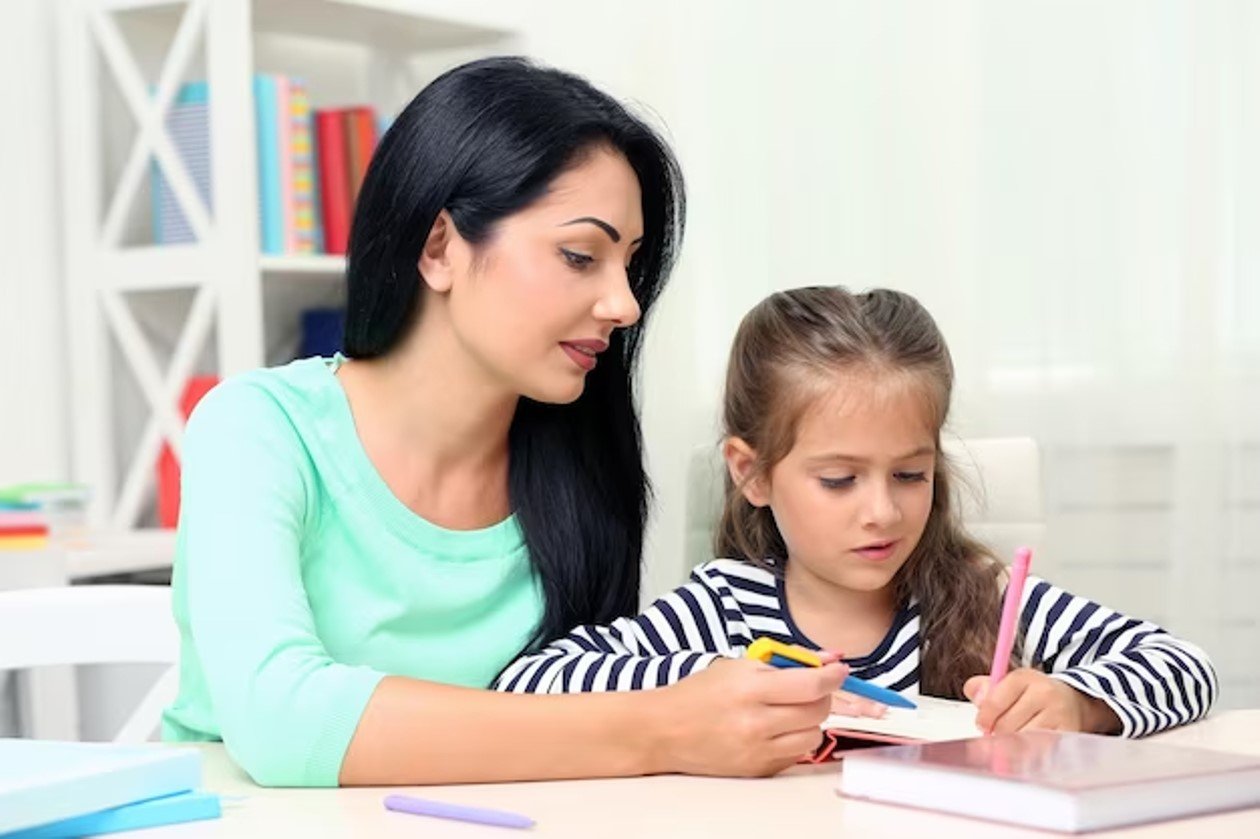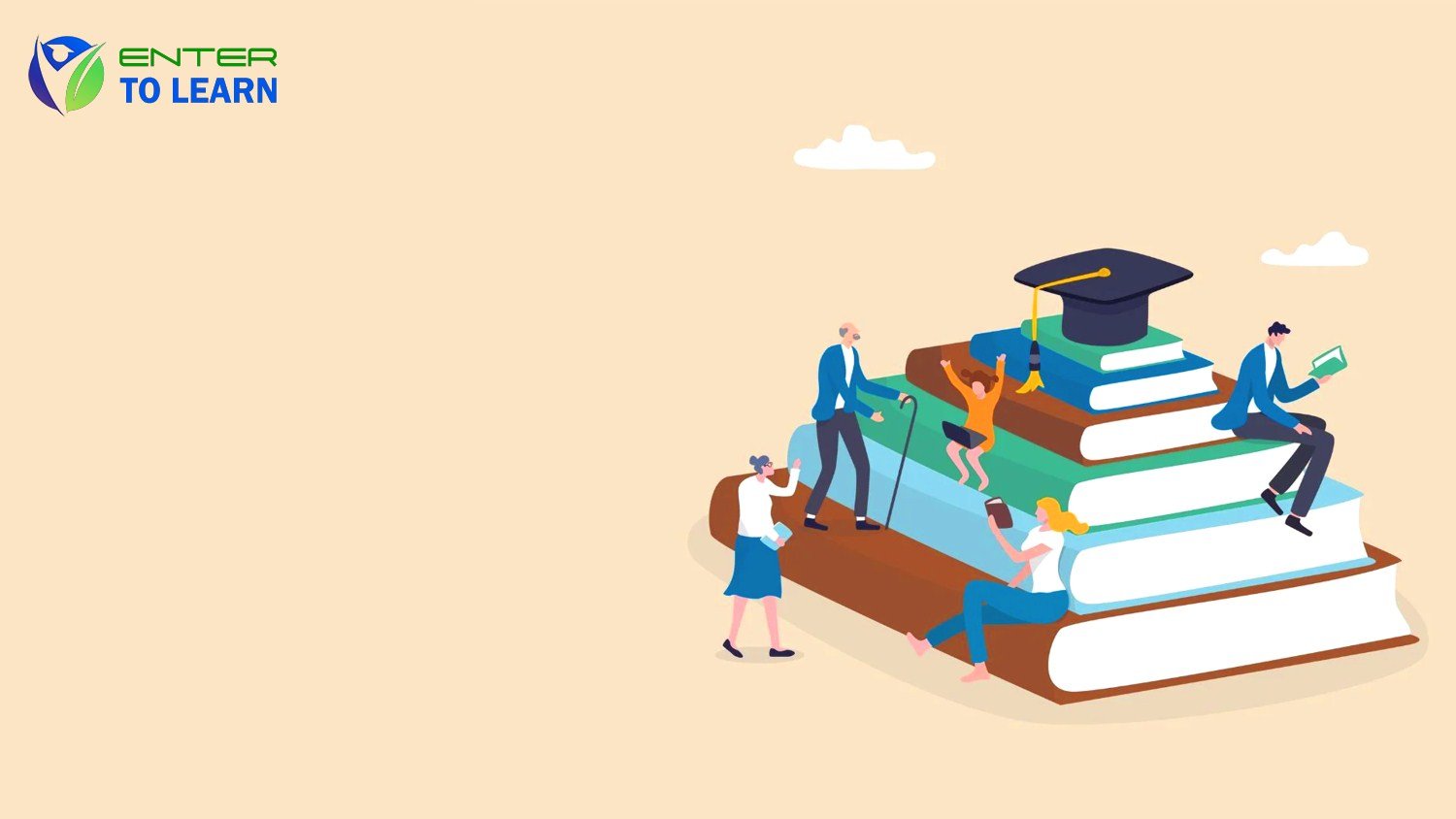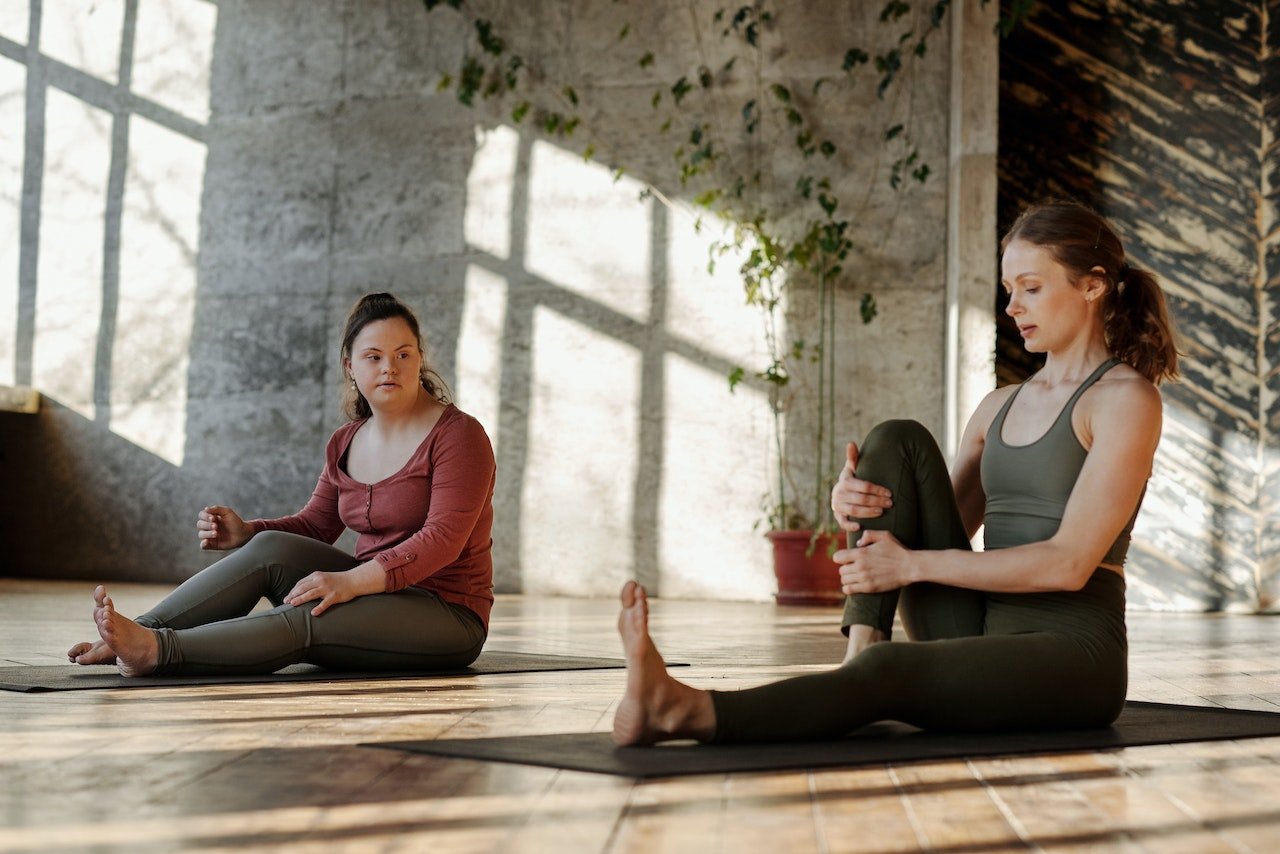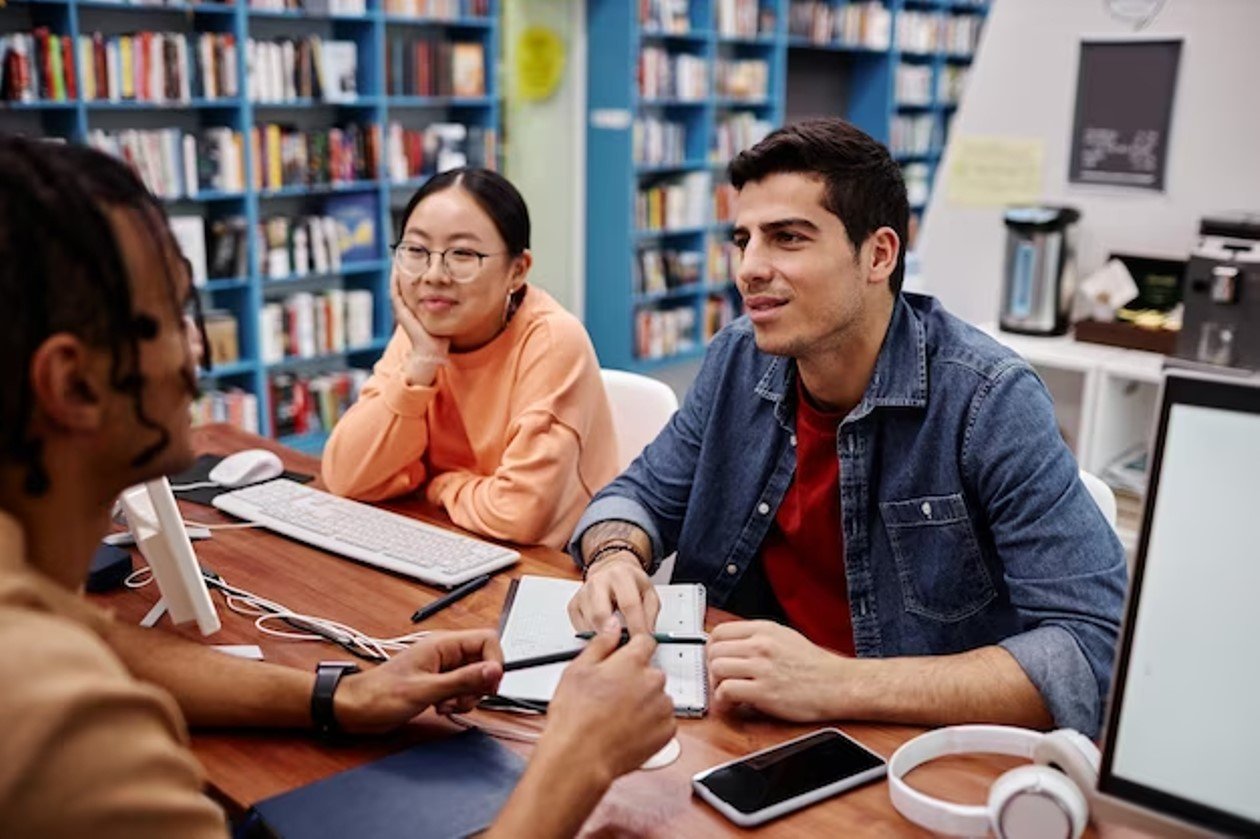The Importance of a Private Teacher for A Child Education

Education is the cornerstone of a child’s development, shaping their future and influencing their worldview. In this digital age, the role of a private teacher has become increasingly vital. A private teacher, also known as a tutor, provides individualized attention and a tailored learning experience beyond what traditional classrooms offer.
Table of Contents
ToggleTailored Learning Experience
Personalized Attention
Private teachers focus solely on one student at a time, allowing them to understand the child’s learning style, strengths, and weaknesses. This personalized attention ensures that the child receives targeted support where it is needed most.
Customized Curriculum
Unlike standardized school curricula, private teachers can tailor the learning materials to match the child’s interests and pace. This flexibility fosters a deeper understanding of the subjects and encourages a love for learning.
Read More: The Impact of Authentic Leadership on Teams
Building Confidence
One-on-One Interaction
The intimate setting of private tutoring enables a unique one-on-one interaction between the teacher and the student. This personalized connection builds trust and confidence, creating a conducive environment for learning.
Positive Reinforcement
Private teachers can provide immediate feedback and positive reinforcement, boosting the child’s confidence and motivation. This encouragement is invaluable in shaping a child’s attitude towards education.
Addressing Learning Gaps
Identifying Weaknesses
Private teachers conduct assessments to identify learning gaps and areas that need improvement. By addressing these weaknesses, the child can progress more effectively, building a solid foundation for future learning.
Focused Remediation
With a clear understanding of the child’s challenges, teachers can design targeted remediation plans. This focused approach accelerates the learning process and ensures that the child masters essential concepts.
Cultivating a Love for Learning
Making Education Enjoyable
Private teachers have the flexibility to incorporate creative and engaging teaching methods. This approach makes learning enjoyable, fostering a positive attitude towards education.
Instilling a Growth Mindset
Through personalized encouragement, teachers instill a growth mindset in children. They learn to embrace challenges as opportunities for growth, promoting resilience and perseverance.
Flexibility in Learning Styles
Adapting to Individual Needs
Every child learns differently. Private teachers can adapt their teaching styles to match the child’s preferred mode of learning, whether it’s visual, auditory, or kinesthetic.
Varied Teaching Methods
Private teachers can employ a variety of teaching methods to keep the learning experience dynamic and interesting. This adaptability ensures that the child remains engaged and retains information effectively.
Enhanced Academic Performance
Individualized Pace
Private tutoring allows the child to learn at their own pace. Whether the child needs extra time to grasp a concept or is ready for more advanced material, the teacher adjusts the pace accordingly.
Tracking Progress
Private teachers regularly assess the child’s progress and provide feedback to parents. This transparency keeps both the child and parents informed about academic achievements and areas for improvement.
Developing Strong Study Habits
Time Management Skills
Private teachers not only focus on academic content but also help children develop essential study skills, including time management and organization.
Discipline and Routine
The structured nature of private tutoring instills discipline and routine in a child’s study habits. These habits contribute to long-term academic success.
Nurturing Emotional Intelligence
Understanding Emotions
In the one-on-one setting, teachers can help children understand and manage their emotions. This emotional intelligence is crucial for overall personal development.
Social Skills Development
While traditional classrooms focus on group dynamics, private tutoring allows for concentrated attention on individual social skills development. This is particularly beneficial for children who may struggle with social interactions.
Fostering a Mentorship Relationship
Trust and Rapport
The close bond formed between a teacher and a child goes beyond academics. This mentorship relationship builds trust and rapport, creating a supportive learning environment.
Guidance Beyond Academics
Private teachers often serve as mentors, offering guidance on life skills, career aspirations, and personal development. This holistic approach ensures that the child receives comprehensive support.
Preparing for Academic Challenges
Exam Preparation
Private teachers assist in exam preparation, teaching effective study strategies and providing practice materials. This preparation eases anxiety and enhances the child’s performance during exams.
Handling Stress and Pressure
Learning to manage stress and pressure is a valuable skill. Private teachers offer guidance on coping mechanisms, preparing children for the challenges they may face academically.
Adapting to Special Needs
Catering to Unique Requirements
Children with special needs require individualized attention. teachers can tailor their approach to accommodate these unique requirements, promoting an inclusive learning environment.
Inclusive Education
Private teachers contribute to the movement towards inclusive education by adapting their teaching methods to cater to diverse learning needs. This inclusivity benefits all students in the long run.
Parental Involvement
Collaborative Approach
Private teachers often collaborate with parents to ensure a holistic approach to education. Regular communication ensures that everyone is on the same page regarding the child’s progress and development.
Communication with Parents
Private teachers provide detailed feedback to parents, keeping them informed about the child’s academic achievements and areas that may need additional attention. This open communication strengthens the partnership between teachers and parents.
Balancing Extracurricular Activities
Integrating Learning and Play
Private teachers can integrate educational activities with play, striking a balance between structured learning and recreational time. This approach contributes to the child’s holistic development.
Holistic Development
Beyond academics, teachers recognize the importance of a child’s overall development. They encourage participation in extracurricular activities that enhance creativity, physical fitness, and social skills.
Read More: How to Create a Stressless Online Teaching Learning Environment
Conclusion
In conclusion, the role of a private teacher in a child’s education cannot be overstated. From providing personalized attention and building confidence to addressing learning gaps and fostering a love for learning, private teachers play a crucial role in shaping a child’s academic journey. The benefits extend beyond the classroom, encompassing emotional intelligence, mentorship, and preparation for life’s challenges. Embracing the services of a teacher ensures a well-rounded and enriching educational experience for every child.
FAQs
Is private tutoring suitable for all children?
Private tutoring can be beneficial for children of various learning styles and needs. However, individual preferences and circumstances should be considered.
How often should private tutoring sessions occur?
The frequency of private tutoring sessions depends on the child’s needs and schedule. A tailored approach is recommended for optimal results.
Can private teachers help with exam anxiety?
Yes, private teachers often provide strategies for managing exam anxiety, helping children approach assessments with confidence.
What subjects can private teachers cover?
Private teachers can cover a wide range of subjects, from academic subjects to skill-based learning and exam preparation.
How do I find a suitable private teacher for my child?
Finding the right private teacher involves considering the child’s learning style, the teacher’s expertise, and a good fit between personalities. Recommendations and reviews can be helpful.





